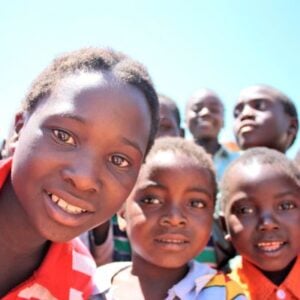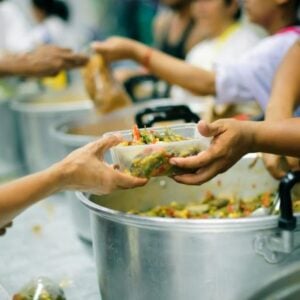Since 1945, the number of UN mandates—formal requests or directives issued by its main bodies—has grown exponentially, now exceeding 40,000. These mandates are serviced by around 400 intergovernmental bodies and demand over 27,000 meetings annually, producing 2,300 pages of documentation each day. This massive workload comes with a significant financial burden, estimated at $360 million per year.
Mandates shape the UN’s activities across more than 190 countries, spanning areas such as peacekeeping, development, and humanitarian aid. However, many mandates are now outdated, overlapping, or excessively complex. The average length of General Assembly resolutions has increased by 55% since 2020, while Security Council texts have tripled in size over the last three decades. UN Secretary-General António Guterres warned that the organization’s effectiveness is compromised by this inefficiency and duplication.
A key challenge is the lack of coordination among UN entities. Frequently, different parts of the organization cite the same mandates to justify separate, often redundant initiatives. Additionally, the vast majority of mandates—over 85%—lack built-in mechanisms for review or termination, leading to stagnation and limited reform. As Guterres emphasized, reviewing mandates has become the exception, not the norm.
In response, the UN has introduced the UN80 Initiative, a major reform effort that includes the July 31 Report of the Mandate Implementation Review. Unlike previous assessments that reviewed mandates individually, this report examines the full “lifecycle” of mandates—from creation and implementation to review—seeking systematic ways to improve each stage.
Guterres reaffirmed that mandates are the sole responsibility of UN Member States, with the Secretariat’s role limited to faithful and efficient implementation. The report offers several recommendations, including the creation of digital registries for mandates and the drafting of shorter, clearer resolutions with achievable resource expectations.
The report also calls attention to the operational burden imposed by tens of thousands of meetings and over a thousand reports produced annually—many on repetitive topics. It questions whether the UN’s limited resources are being used most effectively and recommends reducing and streamlining meetings and reports, while improving coordination to prevent overlap.
Fragmented and earmarked funding is another barrier to effective implementation. In 2023, 80% of UN funding came from voluntary sources, 85% of which were earmarked, leading to inconsistent and fragmented impact. Guterres urged Member States to tackle these funding inefficiencies collectively.
At the heart of the reform agenda is the impact on people. Guterres stressed that mandates should ultimately serve to improve real lives and emphasized the central role of UN staff in this mission. He called for greater support and empowerment for the organization’s personnel, whose dedication underpins all mandate implementation.
Finally, Guterres invited Member States to take the lead in moving the reform process forward. He proposed a time-bound intergovernmental process to consider the recommendations, with the goal of building a more streamlined, coherent, and responsive UN capable of delivering meaningful results in an increasingly complex global environment.






